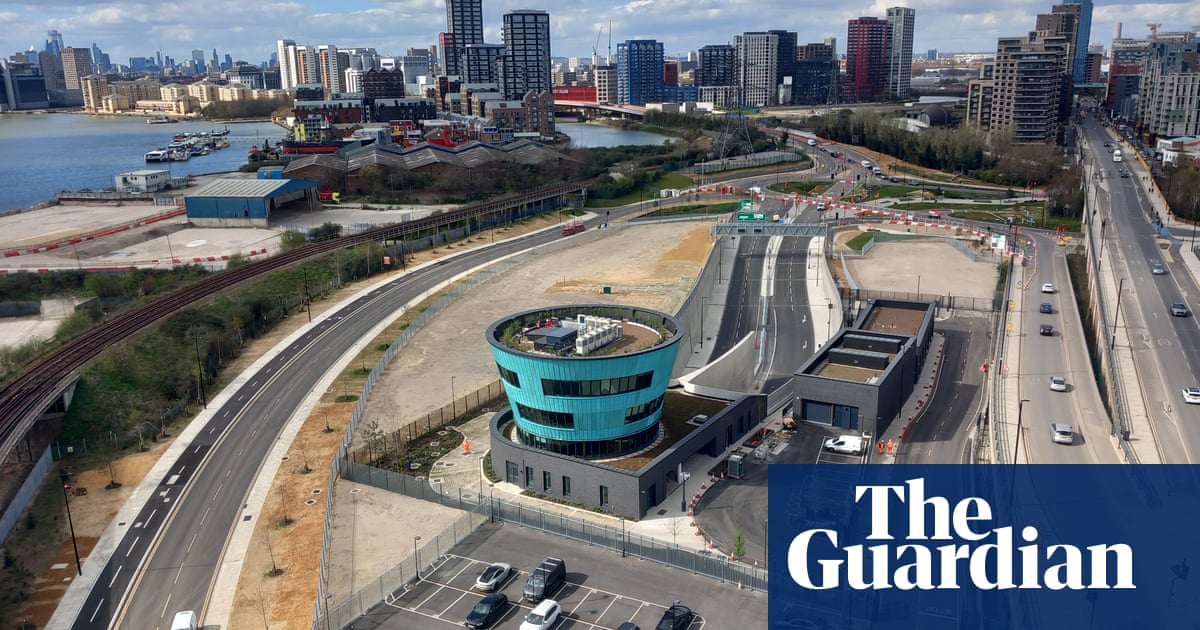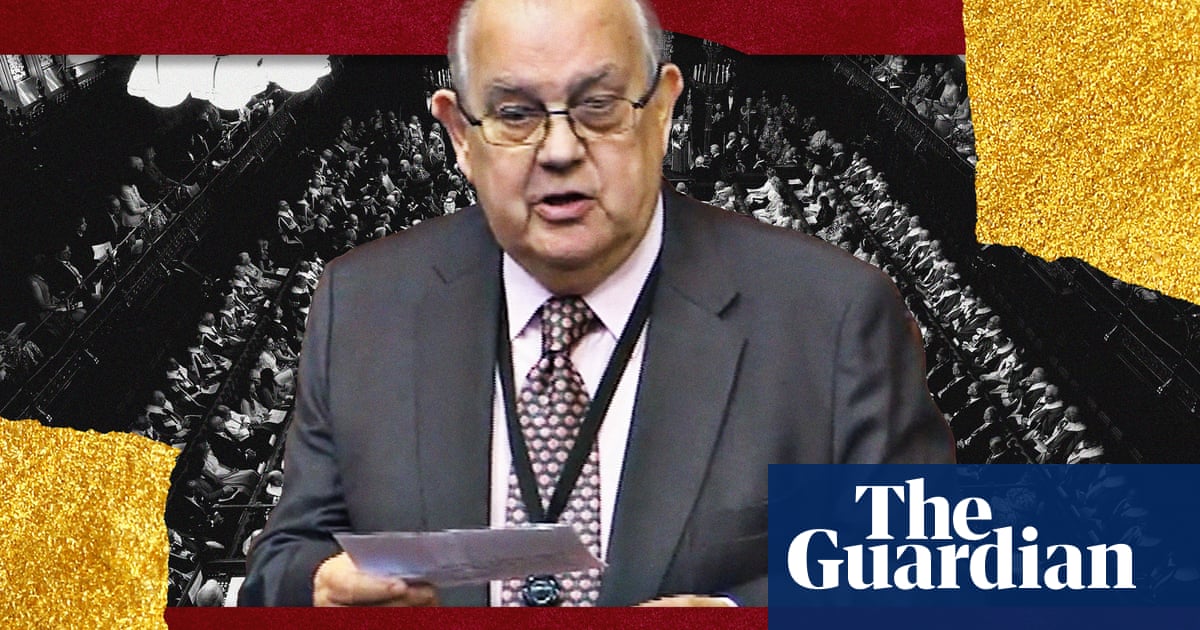Local elections for some English councils are likely to be delayed next year as a result of the government’s plans to scrap district councils, officials have indicated.
Angela Rayner, the communities secretary, announced plans for a sweeping overhaul of local government on Monday as part of what ministers say is the biggest devolution of political power this century.
As part of Rayner’s devolution white paper, every area governed by two-tier county and district councils will be asked to submit plans for mergers to create larger unitary authorities with about 500,000 people in each.
Ministers say such a change will help empower local authorities, but it is also likely to mean elections in some areas will have to be delayed, triggering anger from the Conservatives and Reform UK, which were hoping to make gains in those places.
Jim McMahon, the local government minister, said on Monday the government “may look at postponing” some local elections next year, but added: “It wouldn’t be for longer than a couple of months, a year.”
Officials added that it was likely some areas would have to request delays to avoid voters electing a council only to see it scrapped halfway through its term.
This has previously happened in Cumbria, Somerset and North Yorkshire, which all delayed their 2021 local elections by a year as they went through a similar reorganisation.
This time the restructuring is likely to affect a wider spread of rural counties across England where the Tories and Reform were hoping to make substantial gains. They include Kent, Essex, Sussex and Lancashire.
Robert Jenrick, the shadow justice secretary, tweeted: “Elections should only be postponed in truly exceptional circumstances … Maybe Labour don’t want to face the electorate?” Zia Yusuf, the Reform UK party chair, accused the government of “trying to stop the English county council elections”.
The row is just one of the complications thrown up by the government’s wide-ranging reassessment of local authorities. As part of the white paper, Rayner is also looking to create more mayors, even if that required central government forcing them on certain areas, and to give those mayors more powers.
Local government experts largely welcomed the measures, pointing out that England was currently one of the most centralised countries in the Organisation for Economic Co-operation and Development.
Jonathan Carr-West, the chief executive of the Local Government Information Unit, called the white paper “ambitious and far reaching”, adding: “Localism is both a democratic good and a better way of getting things done.”
Some, however, objected to the idea of mayors being imposed on some parts of the country.
Tim Farron, the Liberal Democrat MP for Westmorland and Lonsdale, which falls under the recently reorganised Cumbria county council, told the Commons: “We don’t see why we should have to have a top-down mayoral model and be told we have to have another reorganisation five minutes after the last one.”
Others said the government’s plans did not go far enough, urging ministers to give broader tax-raising powers to mayors.
Zoë Billingham, the director of the IPPR North thinktank, said: “We would like to see commitments to exploring fiscal devolution, to mature the model of devolution and allow regional leaders to make more big calls for their areas.”

.png) 3 months ago
31
3 months ago
31













































